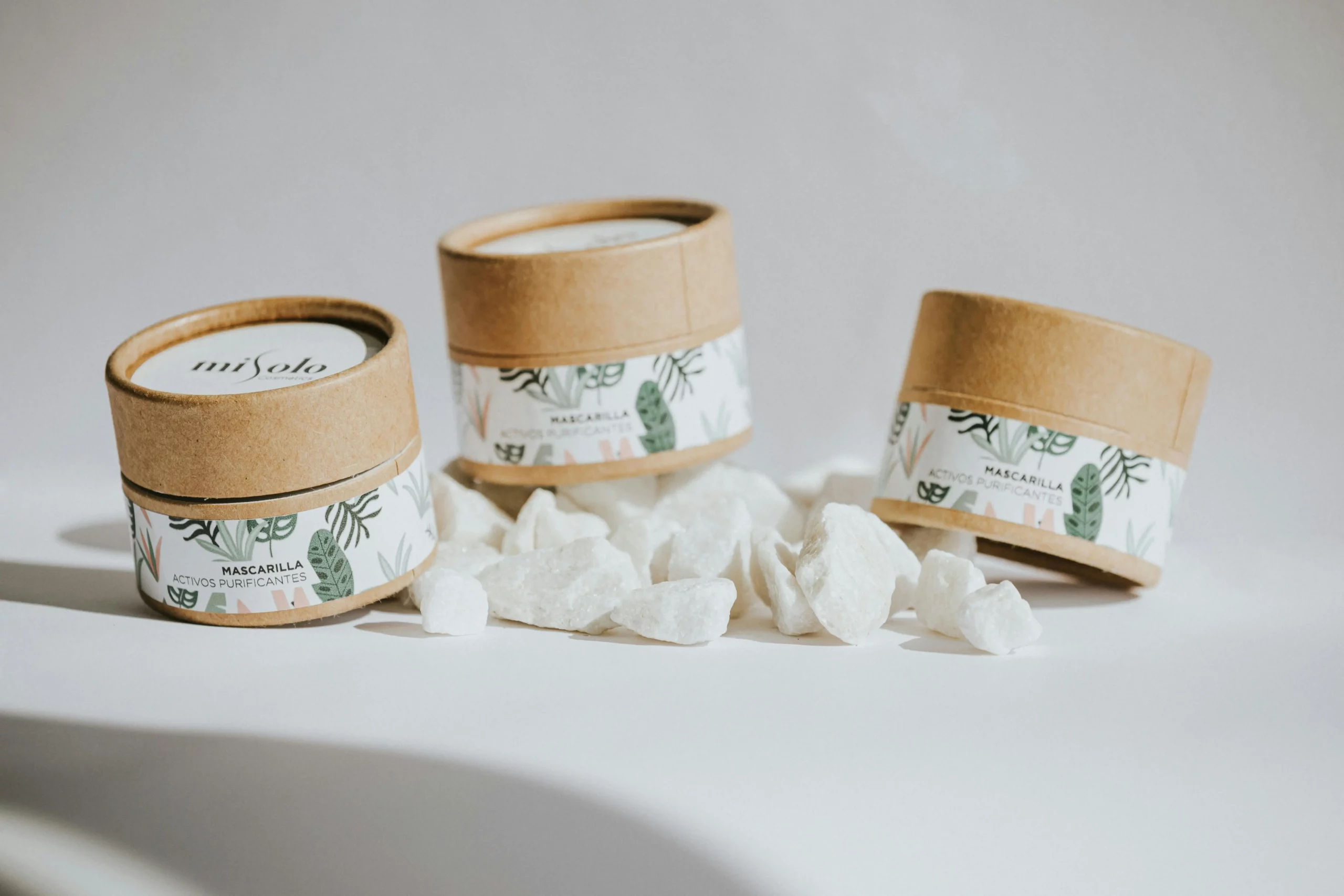Sustainable Beauty Packaging: Industry Trends and Opportunities
Consumers today are becoming increasingly discerning, seeking products that align with values of eco-friendliness and ethical consumption. The beauty industry is one of the key sectors significantly shaped by this. Brands are reimagining their approach to beauty and cosmetics packaging, with a particular emphasis on sustainability.
In the current market, sustainability is not merely a buzzword; it’s a fundamental aspect shaping consumer choices and brand positioning. The demand for sustainable beauty packaging is driven by a collective commitment to minimizing negative environmental impact. Beauty companies are recognizing the need to integrate sustainable packaging solutions that not only resonate with eco-conscious consumers but also contribute to a positive brand image.
This article will help your brand navigate through the trends and opportunities in sustainable beauty packaging. Explore the possibilities that sustainability in the beauty industry holds and ride the wave of eco-friendly innovation.
7 Notable Trends in Sustainable Beauty Packaging
Sustainability is reshaping the way products are packaged and consumed. As consumers increasingly prioritize eco-friendly choices, beauty brands are embracing sustainable packaging practices to meet this demand. Here are some trends influencing sustainable packaging in the beauty industry, from material innovations to design and technology.
1. Recyclable and biodegradable materials
The beauty industry is undergoing a transformative shift towards adopting recyclable and biodegradable materials, driven by the escalating demand for sustainable practices. Recent statistics reveal that 43% of shoppers would pay more for recyclable packaging materials.
Major brands are shifting from conventional plastic to innovative alternatives such as glass, aluminum, and paper. For instance, leading beauty brands have transitioned from traditional plastic containers to elegant glass bottles and jars or sustainable folding cartons, promoting both recyclability and reduced environmental impact.
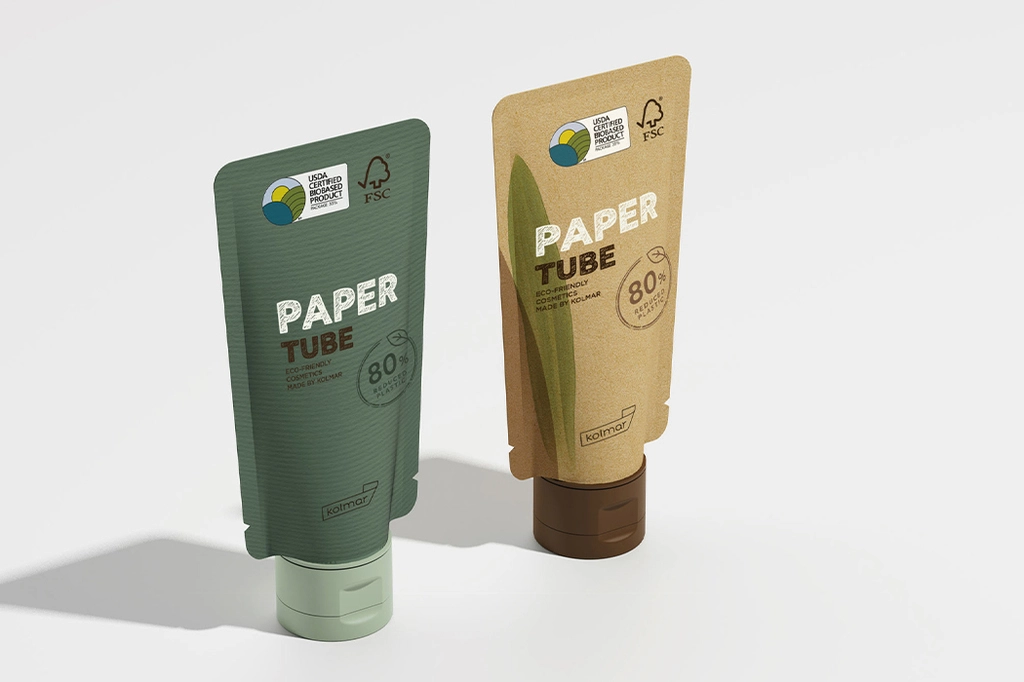
Additionally, plant-based plastics, a biodegradable alternative, are gaining momentum, contributing to the industry’s commitment to minimizing ecological footprints. This sustainable trend resonates not only with eco-conscious consumers but also positions beauty brands as trailblazers in environmental responsibility.
2. Minimalism and reusability
Minimalist design can emphasize simplicity, elegance, and environmental responsibility. There continues to be a growing preference for minimalist packaging, particularly among Gen Z consumers.
Beauty brands are responding to this shift by streamlining their packaging, reducing unnecessary layers, and embracing clean, minimalist aesthetics. Reusable packaging stands out as a noteworthy trend, with refillable containers gaining popularity.
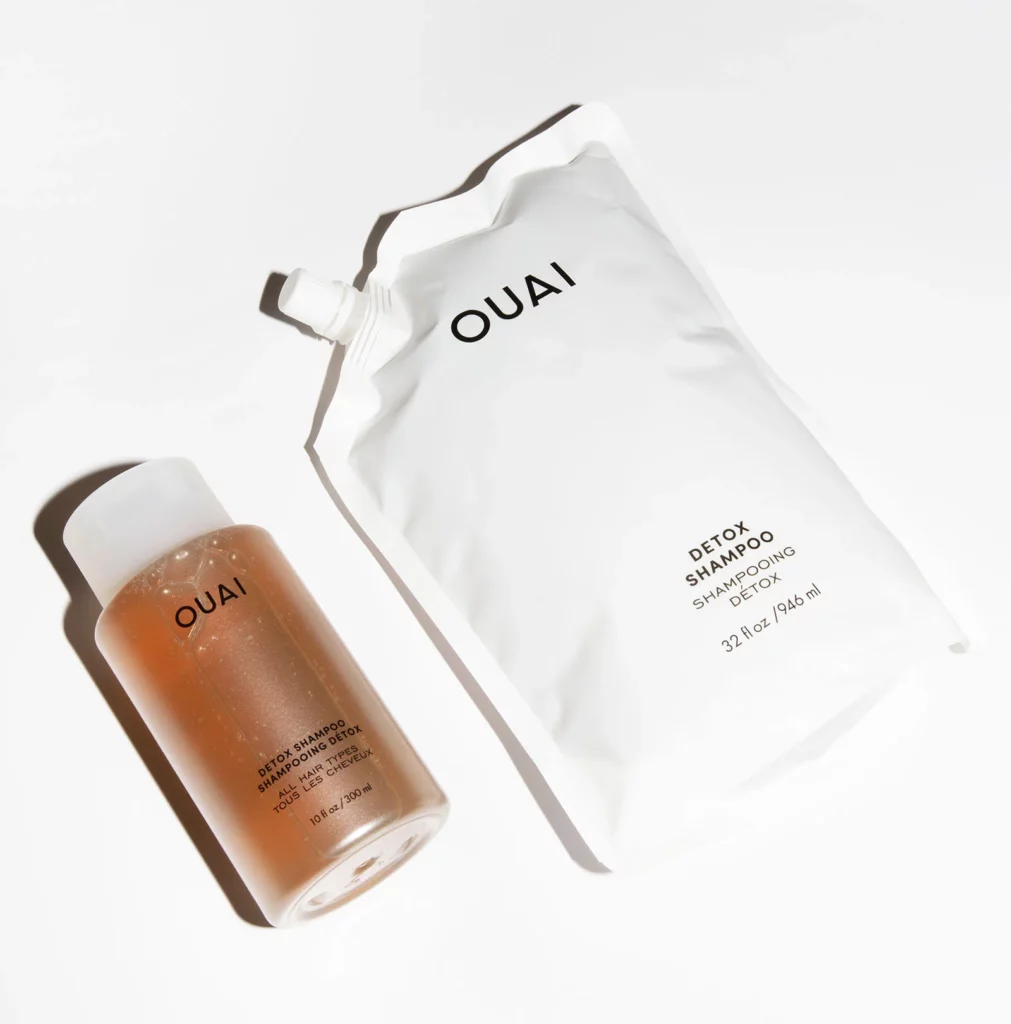
Brands are introducing innovative refill systems for products like perfume and skincare, reducing single-use packaging. Successful examples include refillable lipstick containers and magnetic palettes for makeup products, contributing significantly to the reduction of single-use packaging waste.
3. Plastic waste reduction through innovations
Beauty brands are adopting inventive approaches to minimize the negative environmental impact of plastic waste. Recent news highlight that a substantial portion of plastic waste comes from beauty product packaging, prompting a strategic shift in the industry.
Beauty brands are increasingly incorporating post-consumer recycled (PCR) plastic into their packaging, with a 2023 report noting that 65% of brands and retailers have reduced their virgin plastic packaging output since 2018.
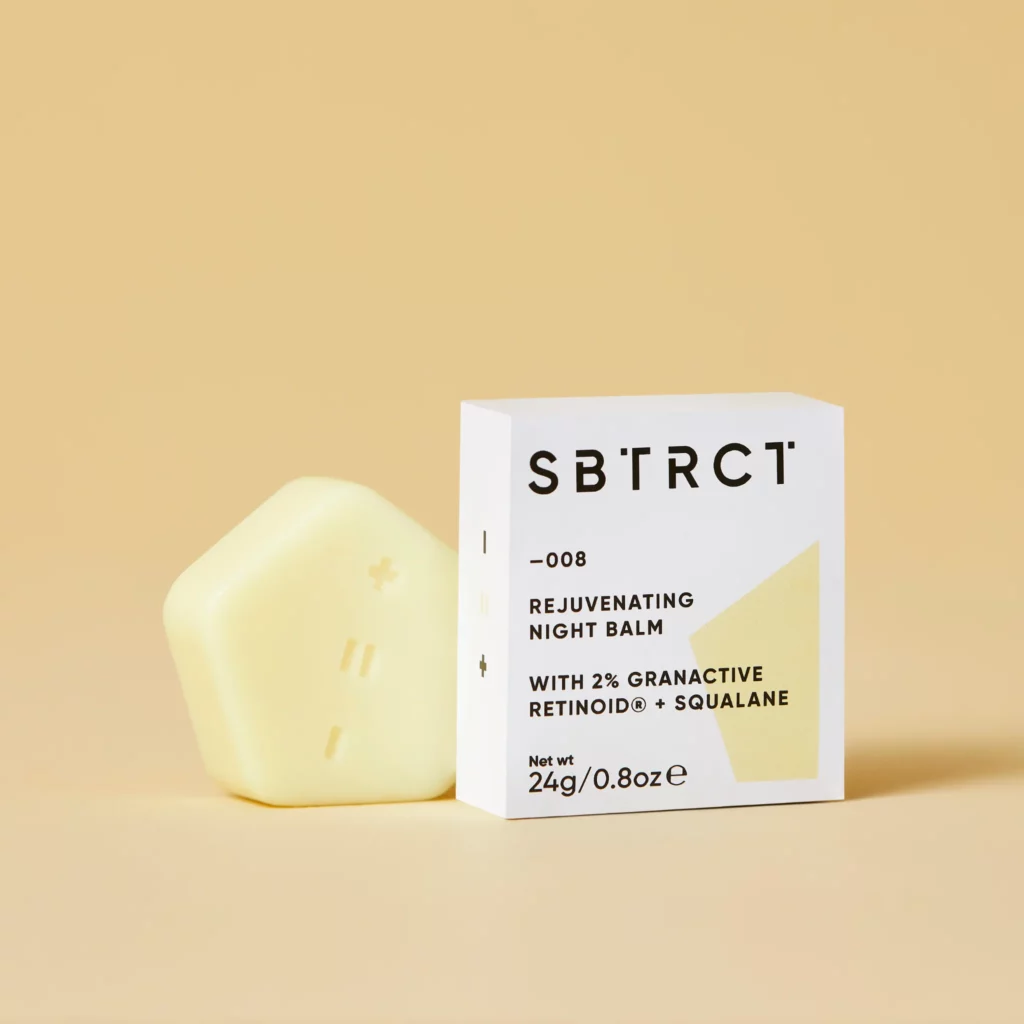
Moreover, the waterless beauty product trend is gaining traction, eliminating the need for water-based formulations that often require plastic packaging. Brands are developing concentrated formulations and solid products, contributing to a reduction in overall plastic usage.
These innovative strategies not only align with environmental concerns but also resonate with consumers who are becoming more conscious of the ecological footprint of their beauty purchases.
4. Eco-friendly ink and labeling techniques
Water-based, soy-based, or vegetable-based inks are being adopted as eco-friendlier alternatives. This transition aligns with the broader sustainability narrative, as these inks can reduce harmful emissions and chemical waste.
Additionally, brands are embracing label-free packaging where possible, utilizing techniques like embossing or directly printing information on the container. Industry reports indicate an increase in the adoption of eco-friendly inks, emphasizing the industry’s commitment to holistic sustainability, from materials to printing processes.
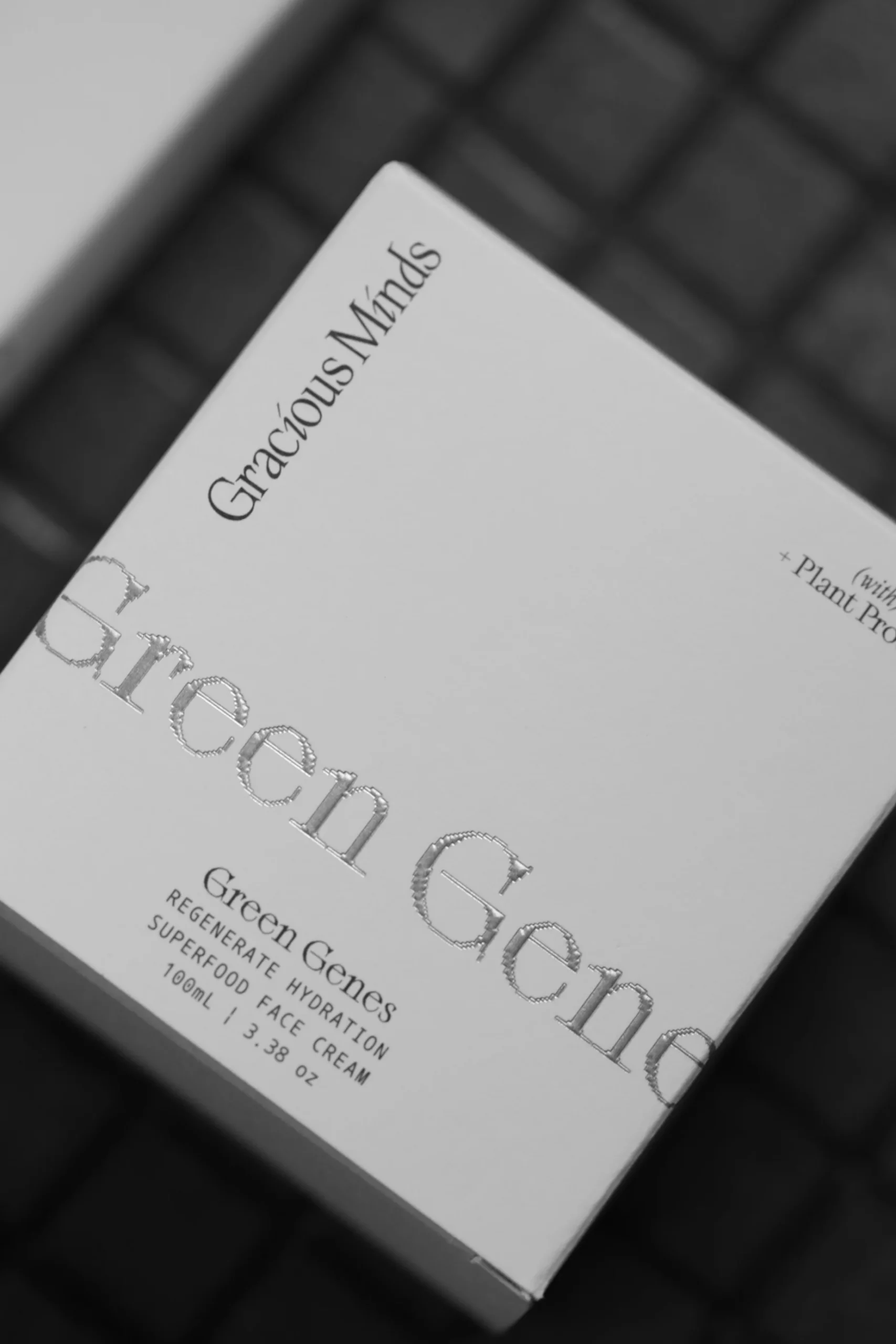
5. Circular packaging systems
Circular economy principles are gaining prominence in the beauty industry. Beauty brands are now designing packaging with a focus on recyclability, aiming to create a closed-loop system. They are also incorporating mono-material packaging, eliminating complex layers that hinder recyclability.
Notable examples include shampoo bottles made from a single type of plastic for ease of recycling. The circular packaging trend not only meets consumer expectations but also contributes to a more efficient and sustainable life cycle for beauty product packaging.
6. Alternative materials and biomimicry
There is a growing exploration of alternative materials inspired by nature. Biomimicry, the emulation of natural processes and structures, is influencing packaging design. Brands are experimenting with materials such as mushroom-based packaging, which offers a biodegradable and unique alternative to traditional packaging.
Among consumers, 47% are willing to pay for beauty products with packaging made from sustainable materials. This trend has resulted in beauty brands taking a proactive approach to find innovative solutions beyond conventional materials, aiming for both functionality and ecological harmony.
7. Smart packaging
The integration of smart packaging technologies is emerging as a trend that enhances consumers’ product lifecycle awareness. Beauty brands are incorporating QR codes and RFID tags on packaging to provide consumers with information about the product’s journey from production to disposal.
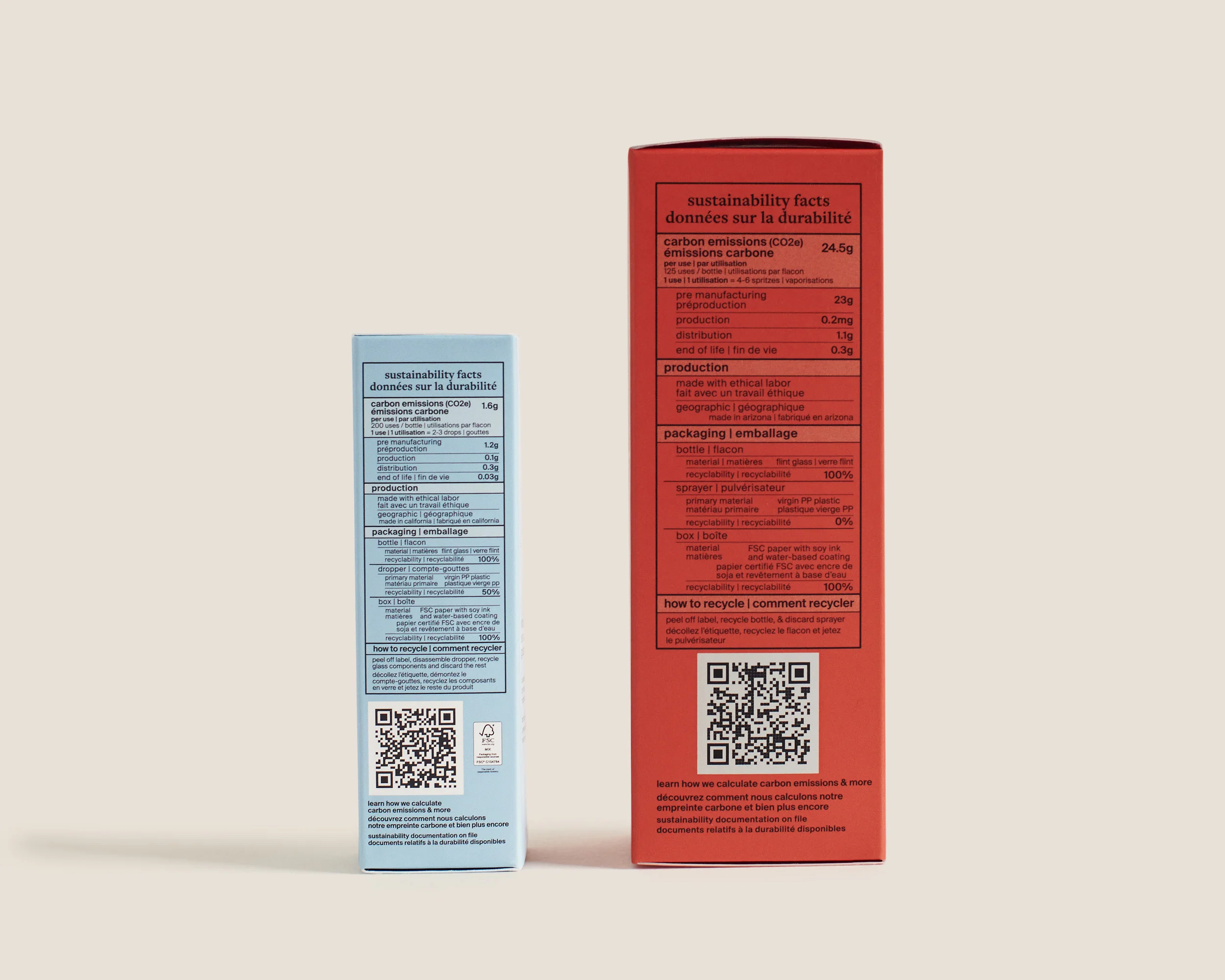
For example, QR codes on skincare product packaging can lead consumers to detailed information about the product’s ingredients, usage, and recycling instructions. This trend not only adds value to the consumer experience but also aligns with transparency and sustainability goals in the beauty industry.
Key Opportunities for Beauty Brands with Sustainable Packaging
Embracing eco-friendly practices not only aligns with consumer values but also presents significant opportunities for beauty brands to strengthen their market position. The following are opportunities they can leverage.
1. Consumer preferences and loyalty
There is now a notable shift in consumer preferences, with a growing inclination towards beauty brands that prioritize sustainable packaging. Since a substantial percentage of consumers actively seek products with more recyclable packaging, this indicates consumers’ heightened awareness of sustainability.
Beauty brands that respond to this demand by adopting sustainable, custom packaging solutions stand to gain enhanced brand loyalty. The correlation between sustainable practices and brand loyalty is particularly evident, with consumers more likely to repurchase from brands that actively contribute to ecological well-being.
2. Collaborations and certifications
Strategic collaborations for sustainable packaging initiatives offer beauty brands unique opportunities to amplify their impact. Collaborating with an eco-conscious packaging provider, label supplier, or environmental organization allows brands to leverage expertise and resources for more sustainable outcomes.
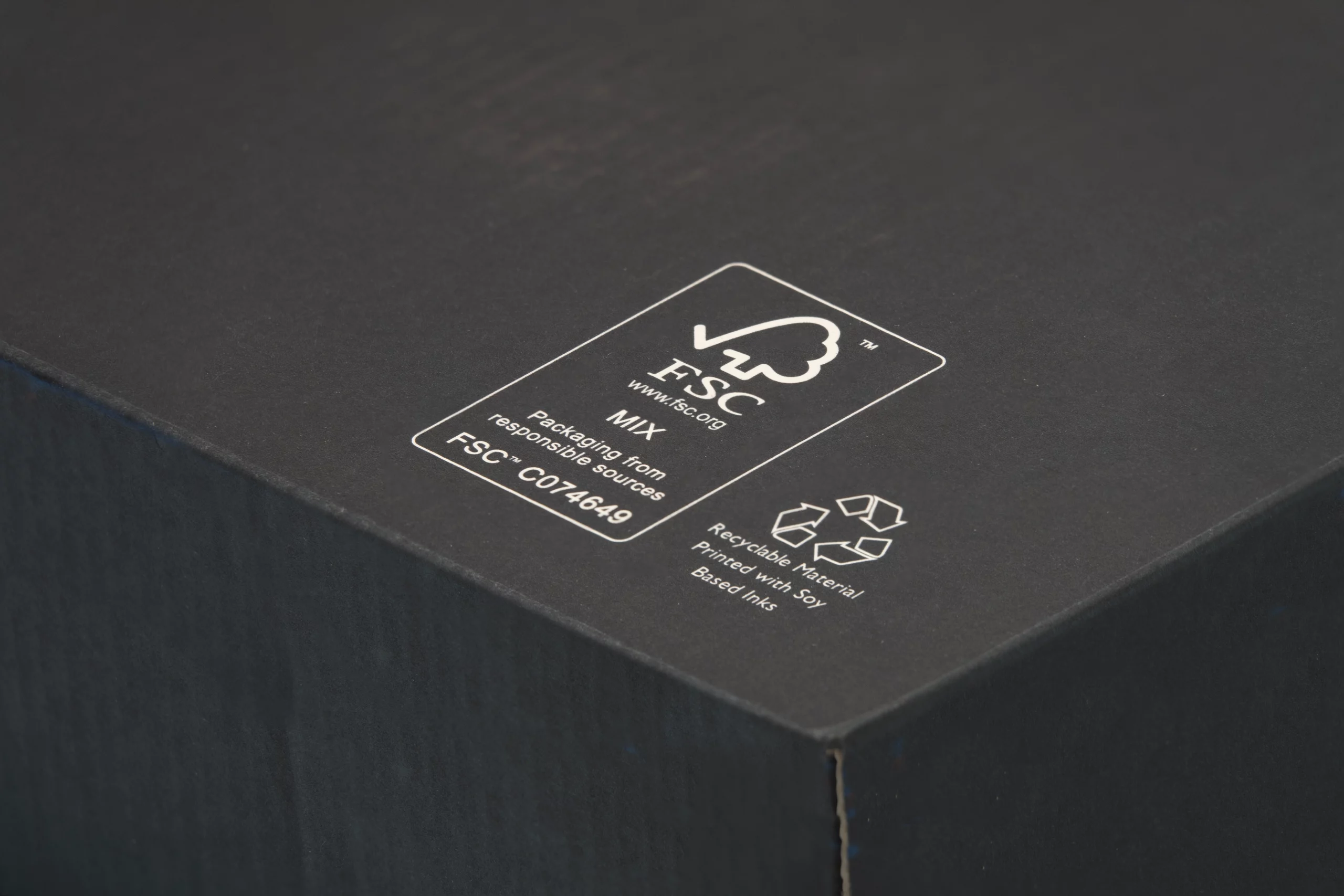
Additionally, obtaining recognized sustainability certifications, such as Cradle to Cradle or Forest Stewardship Council (FSC), not only establishes credibility but also fosters consumer trust. Certifications serve as a visible commitment to transparent and responsible practices, influencing purchasing decisions and reinforcing a brand’s positioning in the market.
3. Future outlook and emerging opportunities
The landscape of sustainable beauty packaging continues to evolve, presenting exciting prospects for innovation and environmental responsibility. Anticipated trends include the widespread adoption of compostable materials, further advancements in refillable packaging systems, and the exploration of circular packaging models.
Beauty companies can seize opportunities by innovating in eco-friendly packaging solutions, such as experimenting with alternative materials or incorporating technology-driven recycling initiatives. As the beauty industry continues to prioritize sustainability, forward-thinking brands embracing these emerging opportunities are poised to lead the way toward a greener and more ethical future.
Nurturing Nature with Sustainable Beauty Packaging
It is evident that the beauty industry is not just about creating allure but is also fostering a commitment to sustainability. The evolution of beauty packaging toward eco-friendly solutions is not merely a trend; it’s a manifestation of a collective responsibility to nurture our planet.
Beauty brands that embark on this sustainable journey can meet consumer expectations while carving a path toward enduring success.
The Meyers team understands the dynamic landscape of sustainable beauty packaging. Reach out to our packaging experts to explore eco-conscious packaging strategies that seamlessly blend aesthetics with environmental responsibility.

